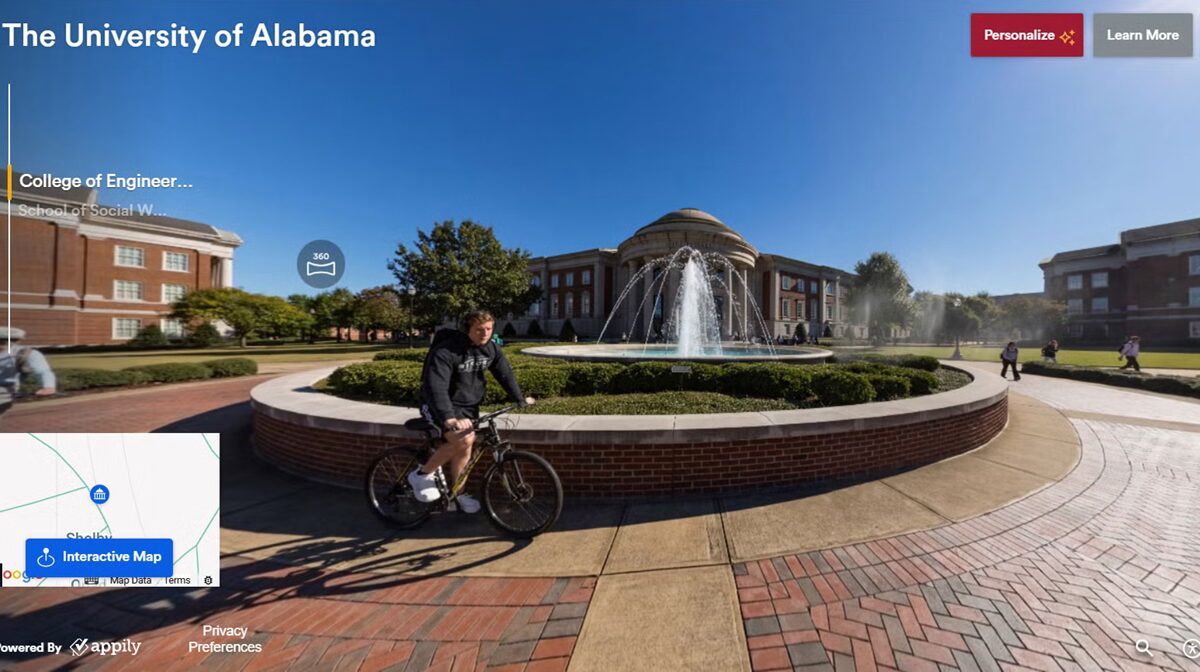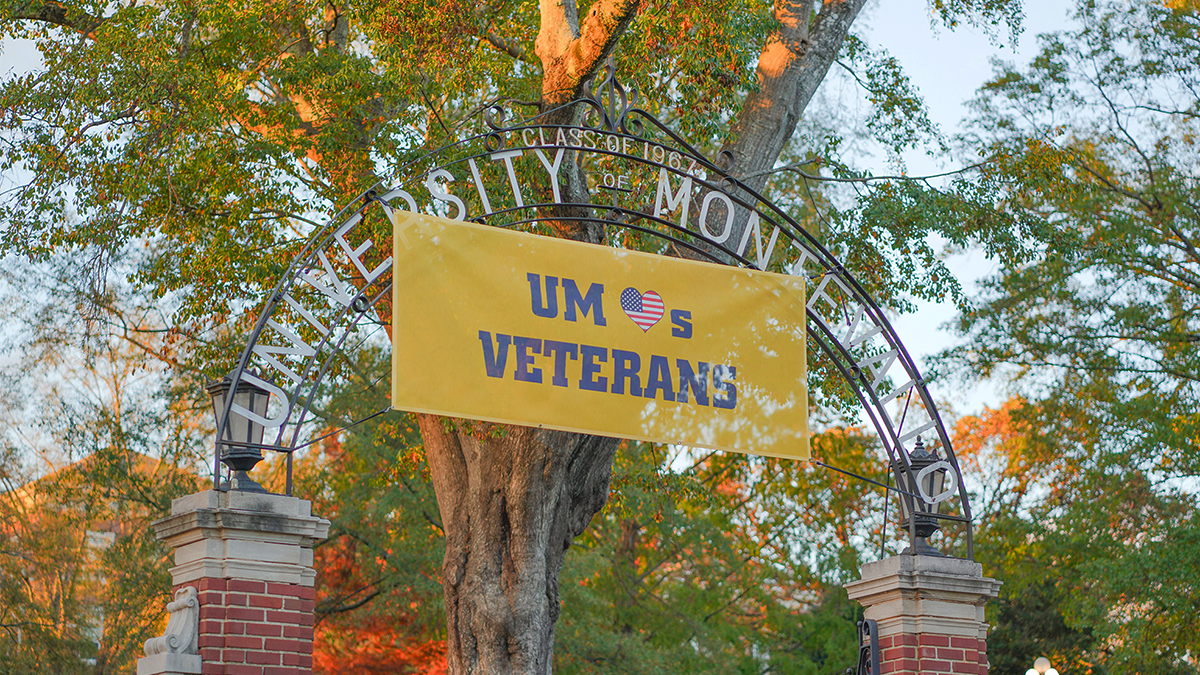University of Alabama to commemorate 60th anniversary of desegregation

The front page of The Tuscaloosa News on June 11, 1963 when two Black students successfully enrolled at the University of Alabama. (contributed)
The University of Alabama (UA) is preparing to commemorate the 60th anniversary of the school’s desegregation with multiple events, beginning this weekend.
On June 11, 1963, Vivian Malone and James Hood enrolled at the university following then Gov. George Wallace’s unsuccessful “stand in the schoolhouse door” in which he attempted to block their registration.
That morning, acting on the authority of President John F. Kennedy, U.S. Deputy Attorney General Nicholas Katzenbach, accompanied by federal marshals and the Alabama National Guard, confronted Wallace in front of UA’s Foster Auditorium and asked him to allow Malone and Hood to enter the building to register for classes. Wallace refused and delivered a speech denouncing the federal government and advocating for states’ rights, according to the account on UA’s website.
After hearing about Wallace’s refusal, Kennedy authorized the National Guard to remove him. That afternoon, Wallace made a statement and complied with the president’s order. Malone and Hood enrolled without further incident. Malone died in 2005; Hood died in 2013.
That evening in a televised address to the nation, President Kennedy declared civil rights no longer simply a legal issue but a moral issue. A week later, he submitted a civil rights bill that “became the foundation” of the Civil Rights Act of 1964, according to the UA site.

Vivian Malone and James Hood, outside the University of Alabama’s Foster Auditorium on June 11, 1963. (Alabama Department of Archives and History. Donated by Alabama Media Group. Photo by Robert Adams, Birmingham News.)
An observance of the 60th anniversary of UA’s desegregation, concluding the UA Black Alumni Association’s reunion weekend, is scheduled for Sunday, June 11 at 11:30 a.m. at Malone-Hood Plaza, weather permitting. The event, billed as “a time of reflection and celebration,” will include music and the laying of a wreath at the Autherine Lucy Clock Tower.
UA’s first African American student, Lucy was admitted when university officials didn’t realize she was Black. The school then challenged her enrollment but lost a legal battle, and in 1956 was forced to admit her. She was expelled three days later “for her own safety” the university stated, in response to threats from pro-segregation mobs. In 1988, Lucy’s expulsion was officially annulled by the university. She enrolled in the graduate program in education the following year and received a master’s degree in 1992. The same day, her daughter, Grazia Foster, graduated with a bachelor’s degree in corporate finance. The university has since named an endowed fellowship in Lucy’s honor; she died in 2022 at the age of 92.
The 11:30 a.m. observance at UA on June 11 will include photo opportunities with the original doors to Foster Auditorium. In case of inclement weather, the observance will be held at 213 Bryant Conference Center.

Autherine Lucy at the 2019 University of Alabama commencement. (University of Alabama)
That evening at 6 p.m., a concert is slated to take place at Denny Chimes, on the UA Quad. Amir Zaheri, associate director of the UA School of Music and Denny Chimes carillonneur, will provide a musical tribute by playing the chimes. The concert is intended to be “a time of campus and community fellowship and reflection,” according to a UA news release.
On Monday, June 12, the film “Crisis: Behind a Presidential Commitment” documenting the events of June 11, 1963, is scheduled to be shown at 1:30 p.m. in Foster Auditorium. John Giggie, director of the UA Summersell Center for the Study of the South, will lead a discussion following the film. Refreshments will be provided.
All activities are open to the public. More events commemorating the 60th anniversary will be held throughout the year and will be announced at later dates, UA officials said. The university has set up an online site for information about the events: stories.ua.edu/60-year-later.
To learn more about UA desegregation in 1963, click here.






